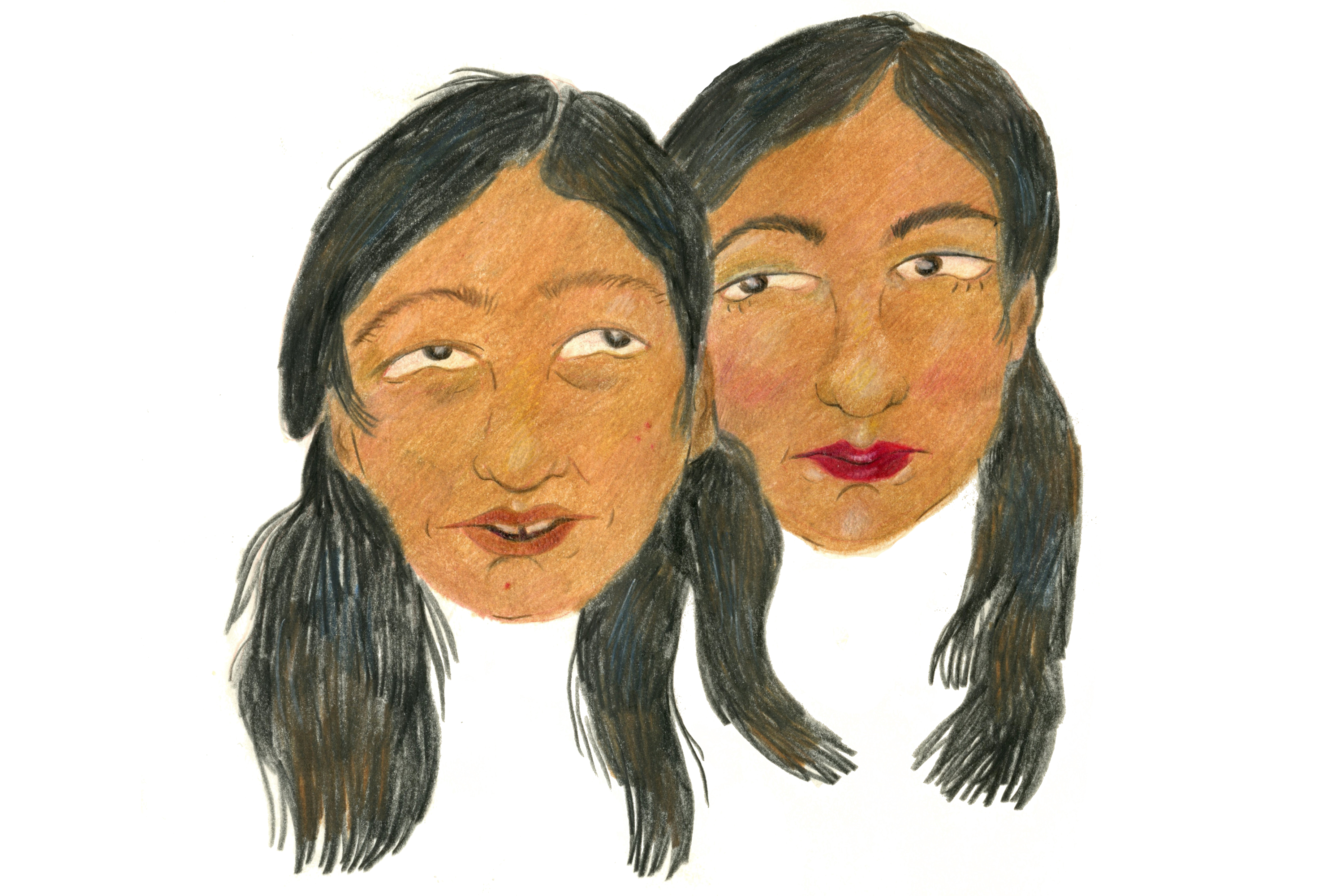
I was focussed fully on the ice-cream pudding in my bowl, most distractions obliterated, as I contributed to my cousins’ conversation now and then at a family gathering. But something my cousin said pricked my ears and brought me back to reality – “I will never marry a woman who wears makeup. Women wear makeup because they are insecure.” Feline-like, I twitched to attention and placed my bowl on the dining table. If you’re from a desi family I suspect speaking of marriage is not a rare occurrence. However, it wasn’t the marriage bit that strained my ears.
It was his opinion on a conversation about makeup between my newly wedded cousin and his wife. I thought his remark was extremely insensitive to his sister-in-law who sat at the table with a full face of makeup since she had just recently joined the family. His generalisation about makeup and women’s insecurity sent a pang of fury in my belly. He is a 26-year-old fully grown man.
“Just as he worked out, wore an ironed t-shirt, gelled his hair, and shaved to feel better, some people wear makeup”
Dessert down, I pitched in and began to argue with him about his ideas. I began first by correcting him and stating the obvious (or so I thought.) People wear makeup because they feel like it because it makes them feel better. Often they feel fine without it, and it’s a means to dress up. I pointed out that just as he worked out, wore an ironed t-shirt, gelled his hair, and shaved to feel better, some people wear makeup. You don’t apply gel to your hair because you’re a bundle of insecurity, I presume? It just makes YOU feel better.
But he was having none of it. He went on to argue that makeup was external and his routine habits to appear more presentable were internal and “natural”. “Why can’t they just love themselves?” He kept reiterating that those who wore makeup did so out of sheer insecurity, dismissing the many different reasons why someone may use makeup. And, while doing so, he attached a negative connotation to both women being insecure and wearing makeup.
I agree that people should love themselves for themselves, whatever their appearance. I also agree that love for yourself should come from within and should not be attached to anything else (be it makeup or the numbers on a scale). Let me also be clear that I know not every heterosexual man will be attracted to every heterosexual woman, and that you can have your preferences. He does not have to be attracted to a woman who wears makeup, I don’t care about that. I care about the sweeping generalisation and the patriarchal culture that contributes to women being insecure about their looks, and his sense of entitlement in judging someone else’s appearance or choices. And I know this sense of entitlement is shared by so many others. The pursuit of a “natural” looking partner is wreaking havoc on our mental health.
“It is a combination of societal and cultural expectations placed on women that make them feel insecure and not the production of a new lipstick line”
After the conversation, I began breaking it down to understand this better. Firstly, it is a combination of societal and cultural expectations placed on women that make them feel insecure, and not the production of a new lipstick line. The most eligible bachelorettes are light skinned, thin, air-brushed and totally flawless. From a young age, I was used to hearing people whispering about my marriageability (She looks so nice now that she lost weight, nai?) based on these looks. As though my sole aim in life is to marry, but that’s another story. This notion of light equals beauty is deep-rooted in a colonial mentality that still pervades in our community. We might be 100 shades of brown, but the lightest skinned woman is still most appealing.
Furthermore, popular culture, films, and media set unachievable standards of beauty for young women. From a young age, we’re used to hearing strangers and family members alike making unflattering comments about our hair, face, and bodies. (Lose weight, don’t stand in the sun, nonsense beauty tips, just who will marry you, etc).
Secondly, let me tell you that it is OK for a woman to feel insecure about her looks and OK for her to find makeup as an outlet to channel these feelings. Am I condoning self-hate? No, absolutely not. Self-love and security is a journey; on the way, if a woman finds herself not feeling so good about herself, that is ok. There is no need to criticise. All humans feel insecure at some point or another in their lives. Someone’s mental state is not your opinion.
Some of the people I know wear makeup just for the fun of it, and some see it as a part of power dressing. And the frequency varies too: from never, to on special occasions, to every day. I myself started wearing makeup in my last year of uni when life was feeling very static. I remember it was in one of my down moments that I took the bus to Selfridges (because I had no idea you could buy makeup on the high street) and bought myself a red lipstick. The only reason I did this was because it felt like I had something new to look forward to.
So, dearest cousin, before you make such sweeping generalisations, pause to think about the consequence of your words. At least for the sake of being considerate to the person sitting across the table from you. Remember that no two people wear makeup for the same reason, and if one of their reasons happens to be to improve self-confidence, you needn’t pull them down for trying to fight their own battle.








